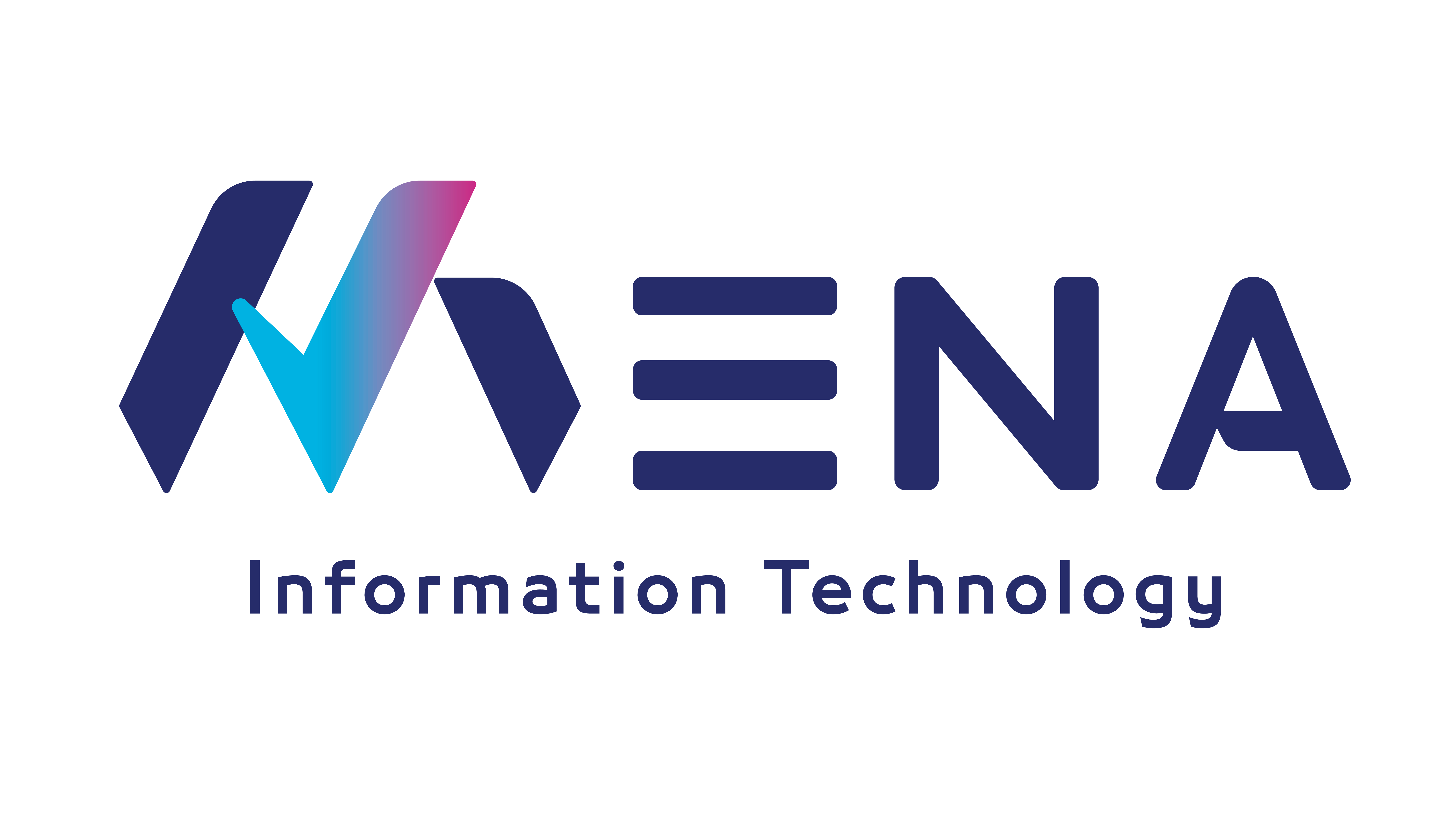-
Course Objectives
Practical Bookkeeping
Good bookkeeping is more than just a task; it’s an important tool that empowers you to understand your business, and work towards growth and success with the financial future. Bookkeeping is the process of recording, organizing, and maintaining financial transactions for a business or individual. Being one of the oldest known professions, it has its roots in ancient civilizations, where early record-keeping systems were developed to track trade, taxes, and commerce—laying the foundation for the modern financial practices we use today. A bookkeeper plays a vital role in the management of a company’s financial account. Without this management, a business may risk the loss of credibility, miss out on tax deductions, face potential fines for non-compliance, as well as many other challenges. The Practical Bookkeeping course will provide participants with the skills and knowledge to manage financial records accurately, ensure compliance with accounting standards, and support informed decision-making for their business or organization. Additionally, participants will gain confidence in handling day-to-day financial tasks, empowering them to contribute to the financial health and success of their business.
INTRODUCTION
Module 1
-
Understanding Bookkeeping
-
Defining Bookkeeping
-
Bookkeeping vs. Accounting
-
Key Bookkeeping Terms
-
The Role of the Bookkeeper
-
Overview of Financial Statements
-
Knowledge Check
Module 2
-
Understanding Financial Transactions
-
Types of Transactions
-
The Accounting Equation
-
Double-Entry Bookkeeping System
-
Recording Transactions
-
The Importance of Accurate Recording
-
Knowledge Check
Module 3
-
Chart of Accounts
-
Structure of Chart of Accounts
-
Categories of Accounts
-
Customizing the Chart of Accounts
-
Account Coding and Numbering
-
Maintaining the Chart of Accounts
-
Knowledge Check
Module 4
-
The Recording of Transactions
-
Recording Sales and Revenue
-
Sales and Cash Transactions
-
Handling Accounts Receivable
-
Handling Accounts Payable
-
Reconciling Bank Accounts
-
Knowledge Check
Module 5
-
The General Ledger
-
The Purpose of the General Ledger
-
Posting Entries
-
Understanding Debit and Credit Entries
-
Trial Balance Preparation
-
General Ledger Software
-
Knowledge Check
Module 6
-
Financial Statements
-
Forecasting and Budgeting
-
Preparing the Income Statement
-
Preparing the Balance Sheet
-
Preparing the Cash Flow Statement
-
Statement of Changes in Equity
Module 7
-
Managing Banking and Cash
-
Basics of Cash Management
-
Petty Cash Handling
-
Bank Reconciliation Process
-
Handling Cash Receipts and Payments
-
The Importance of Cash Flow Management
-
Knowledge Check
Module 8
-
Payroll Accounting
-
Introduction to Payroll Accounting
-
Payroll Administration
-
Payroll Deductions and Withholdings
-
Recording Payroll Transactions
-
Payroll Taxes and Compliance
-
Knowledge Check
Module 9
-
Taxation Basics
-
An Overview of Business Taxes
-
Taxable and Non-Taxable
-
Income Tax Considerations
-
Payroll Tax Reporting
-
Tax Deadlines and Filing Requirements
-
Knowledge Check
Module 10
-
Ethical and Legal Considerations
-
Importance of Ethical Practices
-
Understanding Legal Requirements
-
Avoiding Legal Pitfalls
-
Confidentiality and Data Security
-
Continuous Development and Certification
-
Knowledge Check
ASSESSMENT
- Post Test

